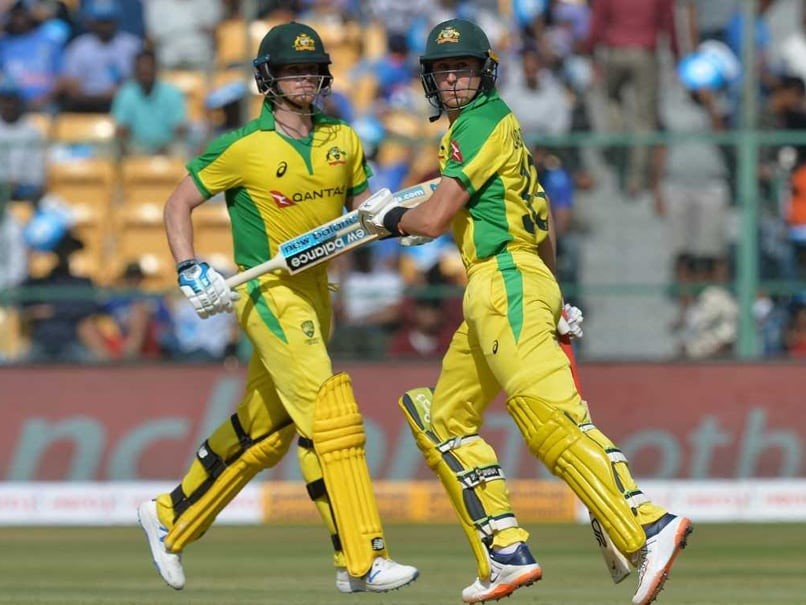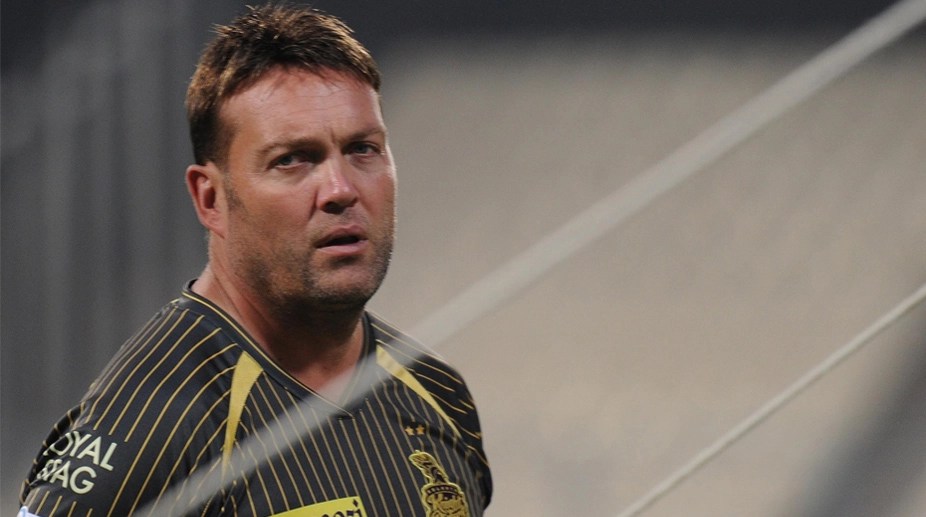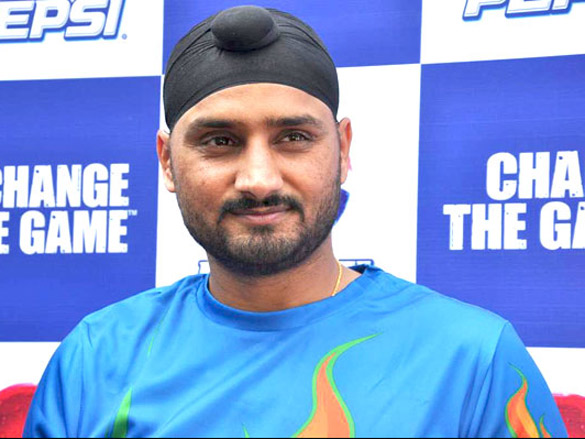
As the story of a young ‘sea monster’ boy who comes of age in a seaside town on the Italian Riveira in the 1950s, water is naturally everywhere in Luca. It creates the home for Luca (voiced by Jacob Tremblay, from Room) and his people. But it’s also something to be feared, for Luca’s shapeshifting amphibian species turns from ‘sea monster’ to human when they leave the sea. Water is the transformational element here. If you throw water on Luca’s kind, their truth will be revealed. Naturally, that led to some fundamental changes to the Pixar process — starting with the fact that everything had to be designed twice, Luca production designer Daniela Strijleva told Gadgets 360.
Strijleva said: “Our approvals go normally, ‘Main character: design, approve, move on.’ Early on, we tried just for production needs, ‘Design sea-monster-Luca, approve, move on.’ But you can’t work that way, you have to design them at the same time. You have to consider the proportions, you have to consider his character and how he acts, how you pose the character. In a way, it became a fun opportunity to think of the character in the two versions. ‘What is the physicality of Luca, who’s shy, who’s a little bit more reserved, versus Alberto (Jack Dylan Grazer, from Shazam!) who’s more falsely confident? He walks in a certain way as a human, maybe he would swim that way as a sea monster.’”
Luca Review: Pixar Movie Is an Ode to Friendship — and Vespas
“We had the same artist work on both Luca-human and Luca-sea-monster as modeler and rigger,” Luca character supervisor Beth Albright told Gadgets 360. “And we were really specific about interweaving the ways in which we showed one or the other to [Luca director] Enrico [Casarosa], so that we were really building them up together. We wanted to make sure that we were designing both of those characters to be as appealing as possible. Rather than falling in love with one character, and then having to try and kind of shoehorn the other one into that in some way.”
Albright’s character supervisor partner Sajan Skaria added: “We did have discussions about whether each joint should be exactly in the same place. But that’s constraining for us. Which is why we went with [the same artist on both designs and models]. It’s like animators animating the same character in different shots, right, they understand what that character is. And so that was a giant force behind it — appeal, charm, and art should trump getting everything exactly lined up.”
See how Luca’s face changes in a 2D manner
Photo Credit: Disney/Pixar
On top of that, Casarosa wanted Luca to look unlike most Pixar films. Though the studio’s success — starting with 1995’s Toy Story, the first fully computer-animated movie and oft considered one of the best animated films of all time — has come alongside rapid advancement in 3D computer animation, Casarosa pushed the movie’s look back to more traditional 2D animation. Some of that comes from his love for Studio Ghibli films, which Luca is undoubtedly inspired by.
“He wanted simplification, but still sophistication. So that’s a challenge,” Luca animation supervisor Michael Venturini told Gadgets 360. Strijleva echoed his words and added: “Computers are really good at making everything straight, even and realistic. Enrico and I wanted everything to be caricatured, imperfect and where you feel the hand of the artist.”
Inside Luca, Pixar’s 1950s Italian Riviera Adventure
That design philosophy affected everything on Luca, right down to even how the faces are drawn. In 2D animation, as there is no depth parameter, you can change the outside shape of an object to be whatever you want. But that’s not the case in 3D animation as the computer is working off a depth-based model that animators have created. To work around this, Pixar created new functions to allow 2D-animation characteristics into the world of Luca, Venturini said. For instance, the mouths of characters don’t move with the rest of their faces, which gives the whole thing a hand-drawn feel.
For Luca effects supervisor Jon Reisch, who takes care of everything nature on Luca, the question became: “How can we continue to push into this more expressive language with our effects, as opposed to just recreating what we see in the natural world?”
“So what’s the challenge of this look? Well turns out, elegant simplicity is actually really hard to achieve,” Reisch continued. “Why is that? At Pixar, especially in our effects department, we’re very comfortable with realism. We know how to achieve it, if you remember the beautiful waterworks from Finding Dory, or some of the gritty grounded realism of Cars 3. And to be honest, stepping towards stylisation in our effects work was sort of a hard left turn away from everything we knew. All our instincts, the techniques we’ve perfected, even our toolset relies very heavily on physically-based simulations. Those forces were pulling us back towards layering on detail, defaulting us into this photorealistic look.”
![]()
Development art for how light plays underwater in Luca
Photo Credit: Disney/Pixar
That meant Pixar’s sophisticated statistical models of the Mediterranean Sea — the water body off the coast of Luca‘s fictional seaside town Portorosso in Italy’s Cinque Terre — all based on oceanographic research, weren’t as helpful on its latest movie. “They don’t offer a lot of artistic control,” Reisch noted.
Loki, Luca, MasterChef Australia, and More on Disney+ Hotstar in June
“One of the biggest breakthroughs was thinking about it in terms of adjustable frequencies,” Reisch continued. “I’m a guitarist, I’ve played in bands for 25 years, and I had this thought about controlling the ocean like a graphic equalizer controls your stereo. With direct control over separate frequency bands, we could control separate waves that we had, from low big rolling waves to smaller more high frequency detailed waves. And inspired by this graphic EQ idea, we built sliders that allowed us to mix in more or less of a certain size of wave. And that really started to crack open this idea of injecting artistic control.”
The idea extended to every aspect of water on Luca. When Luca and Alberto jump into the sea, they don’t create physically-realistic splashes. Instead, the Luca effects squad at Pixar came up with cartoon splash, a new workflow that merged their artistic designs (“clean graphic silhouette shapes”) with the water simulation software that “took over this artistic input and took care of the dynamics, basically the physics of motion that made this sculpture of water move and behave like real water,” Reisch said.
And while there are no waves or splashes underwater, it still needs a sense of motion so it doesn’t feel like characters are just floating mid-air. To achieve that, Reisch and his team made use of the Houdini Engine, previously used on effects-heavy films such as Toy Story 4. That allowed them to create millions and millions of pieces of small particulate at render time, Reisch explained, some of which you can spot whiz by the camera in the swimming sequence as Luca and Alberto first go to Portorosso, jumping up above the water and crashing down below over and over.
“It just gives you a sense of the energy of the sequence and the feeling of speed that they’re traveling underneath the water,” Reisch told Gadgets 360.
Also underwater, the natural light plays off surfaces in very different ways than it does above water. Reisch said: “The way the light falls off through the water into the murk of the ocean, it simplifies things into the background and then also creates these really blue saturated colours.”
From Luca to The Family Man, What to Watch in June
![]()
Development art for the bluish-green murk in the Luca sea
Photo Credit: Disney/Pixar
“The coastline goes deep [in Cinque Terre] so it’s a lot of cliffs, not a whole lot of beaches,” Casarosa explained. “So the colour is deep blue [and] cobalt green. We wanted to make sure this did not ever feel tropical. When you’re in the water, the murk is present, but it’s a beautiful colourful murk. We also use that to represent a little bit of a limited world for Luca. To say, the underwater world doesn’t enable our protagonist to see as far. And we love that sense of sharpness that happens once we’re out on the surface, since Luca’s journey is about seeing more of the world.”
Echoing the Luca director’s sentiment, Reisch said later: “We wanted our effects elements to not just integrate into the stylised world, but to truly enhance the world that we were creating with their visual language — and ultimately support the storytelling, and Enrico’s artistic vision with Luca.”
A shared inspiration running through all of this was Casarosa’s love for Japanese woodblock prints. That was among the touchstones on Luca, Reisch noted, alongside the artistry of legendary director Hayao Miyazaki, the co-founder of Studio Ghibli. He added: “The Japanese woodblock paintings have these suggested details that guide the eye with simplified forms and shapes, very clear silhouettes, and sinuous reflections, all of which we wanted to capture in the look of our stylised water.”
Strijleva told Gadgets 360: “The Japanese woodblock prints were such a revelation. When I look back at some of them, because of the limitations of that medium, all the details are stylised, but it’s so evocative and it’s so beautiful. We really wanted that lyricism. Like in poetry, you have less words but they’re very evocative and emotional. And Luca is told from the point of view of a kid who experiences everything very strongly for the first time. And you want to feel his emotions. When Luca sees the water, he feels the essence of the water. So that meant stepping down on the detail.”
The artist’s touch is what drove everything on Luca from a design perspective. For Casarosa, that stemmed from the belief that it “feels rougher and alive with the imperfections of our hand.” And the 49-year-old Genoa native isn’t alone in this thinking. Take for instance, last year’s Wolfwalkers by Oscar-nominated Irish outfit Cartoon Saloon, which entirely eschews computer-generated animation for hand-drawn perseverance. Its squiggly lines were so rough that you could literally see the lines at times.
Luca Post-Credits Scene, Explained
![]()
Look at the comic-inspired squiggly lines in Spider-Man: Into the Spider-Verse
Photo Credit: Sony Pictures Animation
Meanwhile, the Oscar-winning Spider-Man: Into the Spider-Verse, from the minds of Phil Lord and Chris Miller, took inspiration from its comic book origins to infuse traditional hand-drawn techniques into computer animation. It resulted in something really fresh — and loved by everyone. Lord and Miller then brought that to The Mitchells vs. the Machines, which put hand-painted watercolours as its ethos, with brush strokes complemented by pencil squiggles and even live-action footage.
“In the early stages of computer animation, the pursuit was realism because that was something that 2D animation could never achieve,” Venturini told Gadgets 360. “Well, we’ve kind of conquered that territory so to speak. And the computer is becoming so powerful, now we can do stuff that’s more graphic, illustrative, and looks handcrafted. You see us starting to move in that direction, a little bit more stylisation, from film to film. And you see that happening across the whole industry.”
Venturini added: “Each film pays forward new technology to the next film. And so, we become more and more capable as we go. Luca would be a film that would have been too complex, too complicated to do certainly 20 years ago. It also opens up the worlds for the types of stories we can tell, I think, because you can create a story without the fear of, ‘Can we actually do that?’”
Luca is now streaming on Disney+ and Disney+ Hotstar worldwide. In countries without Disney+, Luca is released in cinemas. Available in English only in India with a Disney+ Hotstar Premium subscription.
24World Media does not take any responsibility of the information you see on this page. The content this page contains is from independent third-party content provider. If you have any concerns regarding the content, please free to write us here: contact@24worldmedia.com

Marnus Labuschagne Caught Off-Guard By ODI Captain Call After Steve Smith Snub

Everyone Is Looking Forward To It, The Standard Will Be Very High – Jacques Kallis On CSA’s SA20

Danushka Gunathilaka Granted Bail On Sexual Assault Charges

Ramiz Raja Sends Legal Notice To Kamran Akmal For Defamatory, False Claims Against The Board

Harbhajan Singh Reckons Mumbai Indians Should Release Kieron Pollard Ahead Of The IPL Auction 2023

Ian Bishop Praises Sam Curran For His Performances On Bouncy Australian Tracks

Why Choose A Career In Child Psychology?